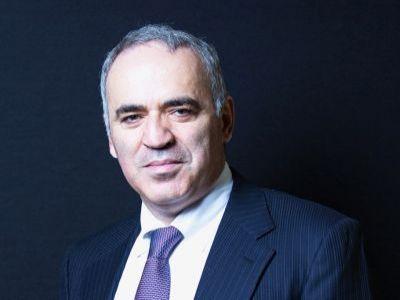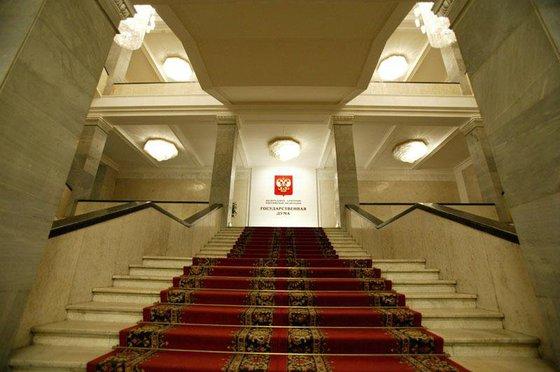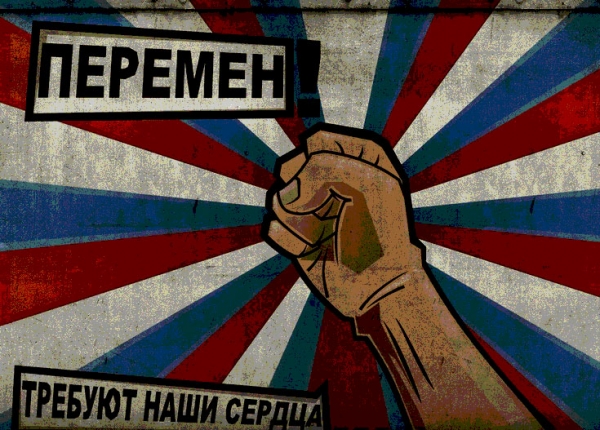 Before the so-called “parliamentary elections” in Russia less than two weeks, so it is already possible to draw certain conclusions from what is happening before our eyes. What we are seeing now indicates not just at the senselessness, and in particular harm from the participation of the opposition in the “elections” from the point of view of the opposition to Putin’s regime.
Before the so-called “parliamentary elections” in Russia less than two weeks, so it is already possible to draw certain conclusions from what is happening before our eyes. What we are seeing now indicates not just at the senselessness, and in particular harm from the participation of the opposition in the “elections” from the point of view of the opposition to Putin’s regime.
The first year is absolutely clear is the fact that the procedure, called in Russia the election, is irrelevant to solving the question of power, and is only a simulation mechanism, giving the regime a semblance of legitimacy. Despite this, again and again politicians who call themselves opposition, strive to take part in this process, not understanding or pretending to not understand that by doing so they are wittingly or unwittingly working for the Kremlin’s hands, promoting the involvement of Russian citizens in the political process, the result is a foregone conclusion. By doing so, they are parasitic on quite humanly understandable desire of society to believe in the possibility of change without disruption.
The problem, however, is that Russia has passed the point of no return, after which the changes without shocks (including through electoral procedures) is impossible, moreover, the longer the agony of the current regime, the more large-scale upheavals Russia expect. His arguments about the importance of participation in elections “opposition” support people false hope, thus preventing whatever was on the changes in principle.
The arguments given by supporters of the opposition’s participation in electoral games in support of his position, completely ignoring the existing political reality and especially the changes that have occurred over the last few years.
It should be noted that Putin’s regime has almost completed the transformation of the so-called mode hybrid in a full-fledged totalitarianism.
I understand that this thesis may be regarded with skepticism, since totalitarianism in ordinary consciousness is associated primarily with mass repression. In reality, however, the main characteristic symptom of the totalitarian regime is the authorities ‘ desire to control the actions of citizens, but also their thoughts. It is enough to familiarise with statistics of convictions for “thoughtcrime” such as publications and “likes” in social networks, as well as to observe the intensity of the brainwashing propaganda machine to make sure that totalitarianism for Russia — the harsh reality. The use of elections as a tool of political struggle in conditions of totalitarianism is impossible by definition.
Moreover, in cases when the system for some reason fails and does not filter at the input of someone who real to her threat, in the course are more radical methods: examples deprived of the Deputy mandate of Gennady Gudkov, Ilya Ponomarev and Lev Shlosberg, as well as the tragic fate of the mayor of Yaroslavl Eugene Urlashov demonstrate the absolute futility of talking about “the ability to influence the regime from within”.
It is also important to understand the international legal importance of the upcoming elections. For the first time in modern Russian history, the Federal election will be held at the annexed territory of the Crimea and Sevastopol. It is already clear that the Kremlin will seek to use these elections as a tool of legitimization carried out the annexation. Any statements by individual States and international organizations on the recognition of the election results will be in public space be interpreted by Russian authorities as an implicit recognition of ownership of the Crimea and Sevastopol to Russia. The logic is simple: the recognition of the legitimacy of the elections means recognition of legitimacy in all areas where they were conducted, including the Crimea and Sevastopol, and the recognition of the legitimacy of the elections to the Russian State Duma in Crimea and Sevastopol mean the recognition of the territories of the Russian Federation.
Accordingly, it is imperative that the international community has not recognized the results of the upcoming elections.
In such a situation, participation in election processes is tantamount to complicity in the legalization of stolen goods. Getting the same (possible only with the approval of the authorities) in the Duma, several deputies of the opposition will make the situation worse, since, among other things, would allow the Kremlin to use this meaningless “opposition” in the international arena as a pseudo-democratic facade, covering the totalitarian nature of the regime.
In conditions when the Russian authorities by means of repression and manipulation has eliminated virtually all internal threats, almost the only way to change the situation is getting pressure from the outside. An important role is played by international sanctions imposed on the Russian Federation in General and in respect of a number of individuals and organizations playing key roles in Putin’s Russia. Needless to say that the anti-Putin sanctions have been adopted and extended by themselves, and are the result of serious systematic work with the establishment and public opinion in the West. In the course of this work it is necessary to overcome tremendous resistance numerous of Putin’s lobbyists.
The Kremlin is well aware that the decisive battle, the outcome of which depends the survival of the regime is conducted in the West. Putin and his entourage have learned their lessons from history, including the most important lesson: when dictatorial regimes suffer significant foreign policy defeat (not necessarily military), it almost always results in the collapse of the regime.
Therefore, the struggle for the abolition of existing and against the introduction of new, more stringent, sanctions thrown all the resources, both material and political. Pamfilova set to lead the Central election Commission to cancel the election results in Barvikha, and to raise the political capitalization of Putin’s agents in the West. The imitation of democratic procedures in the country designed to give a patina of respectability to the regime in the international arena.
Those who, having foreign policy confrontation no idea with cries of “but at least we are doing something” are included in the electoral game, doing so is an invaluable gift to the Kremlin and its agents of influence in the West.
Today it is difficult to formulate a precise algorithm, the implementation of which could, in the foreseeable future lead to the elimination of the Putin regime, but first we need at least to abandon the action, this mode of strengthening.
Garry Kasparov
Viktor Shenderovich: Apparently, it is necessary to clarify its position on elections.
I will not go to vote not because I dislike Apple, N. or M. from Parnassus, but because they still believe that predetermined the results of these “elections” more will strengthen (legitimization) of power than her slacking due to the fact that on Okhotny Ryad will be a few decent people.
A few decent people will not be able to stop the “mad printer”, and Putin and Co. energized a new legitimacy (instead of actually lost in 2011), we will arrange in October a new session of hell. And all the energy of resistance will come at that time in the election campaign…
So, with all the sympathy for Schlossberg, Gudkov, Zubov, Wisniewski Kara-Murza, Alaminos and several of the “Parnassus” and “Apple” – I just can’t call to participate in this scenario.And (again, in the Wake of provocative question Olya Zhuravleva at the echo) – I absolutely do not consider myself more moral than those who go to vote.
It’s just a different analysis of the position on the Board.








